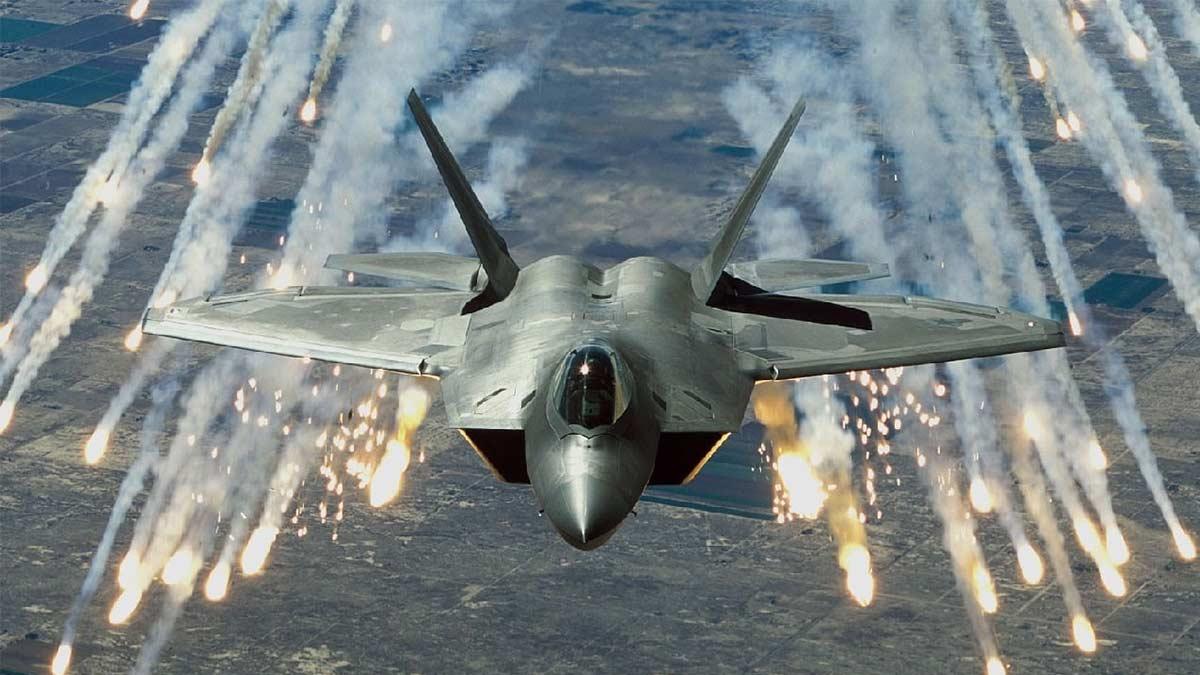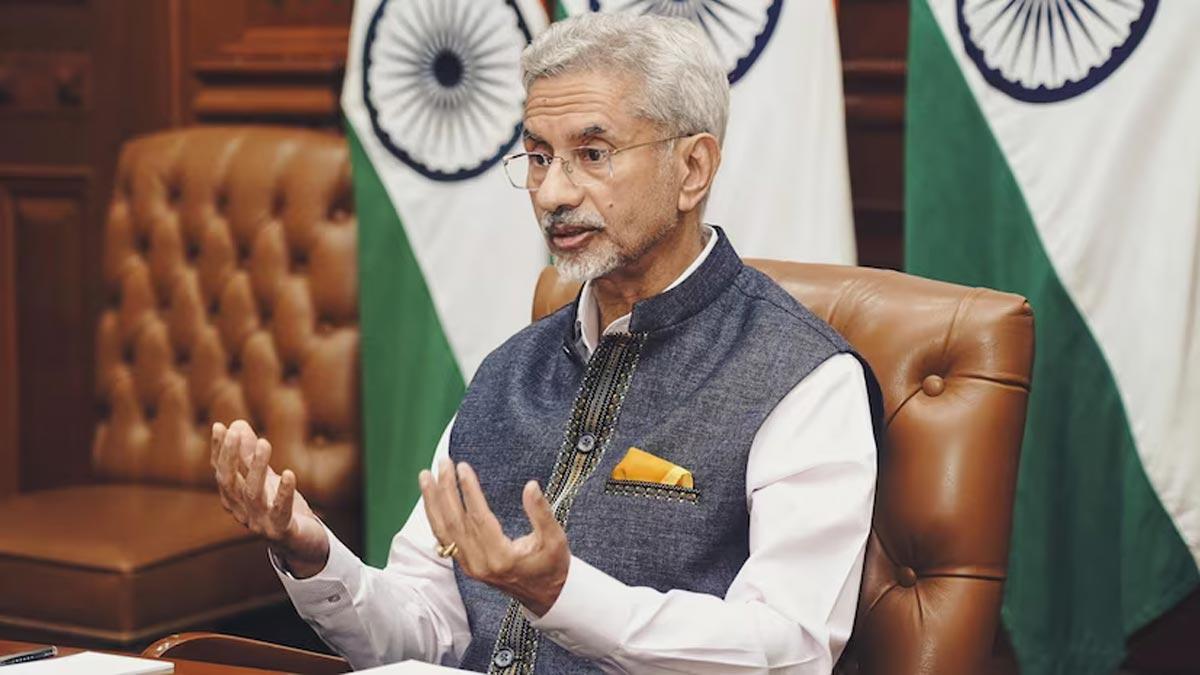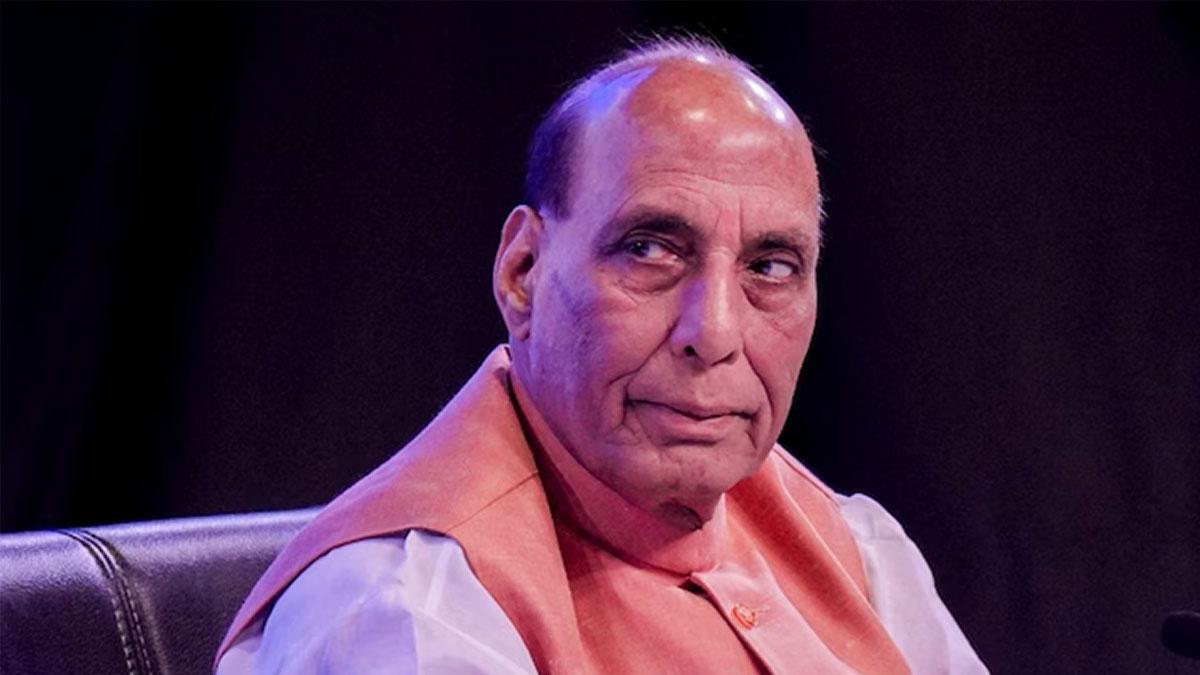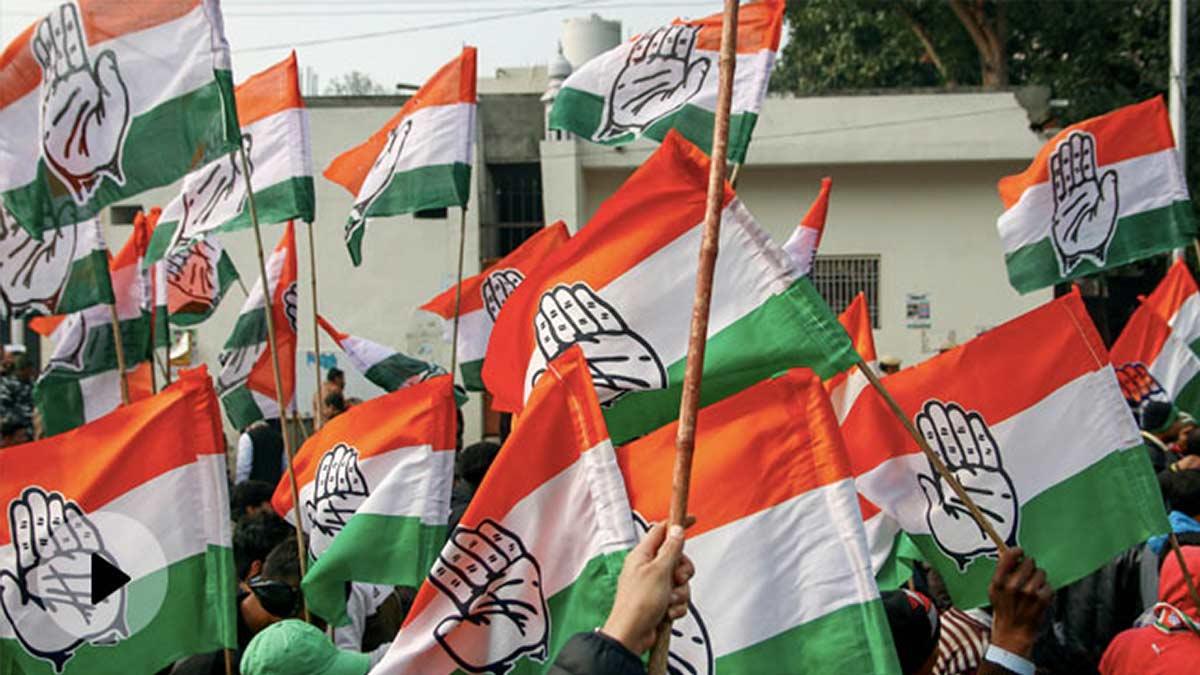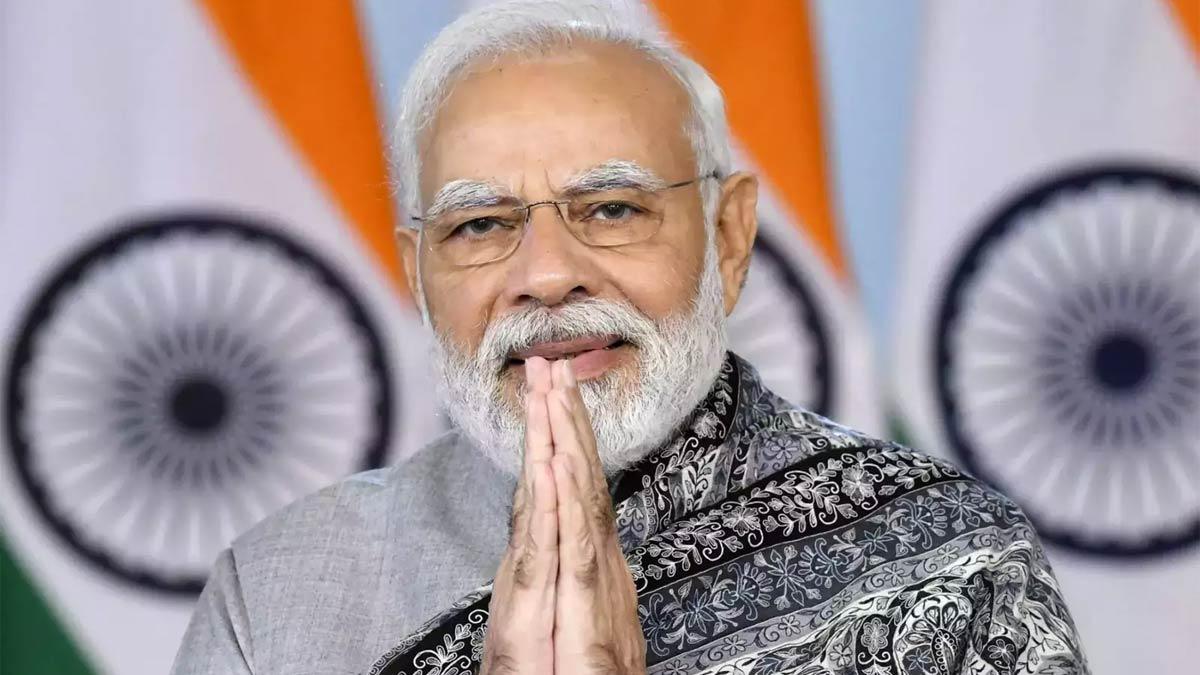Union Agriculture Minister Shivraj Singh Chouhan on Thursday said the government would implement "short, mid, and long term" plans to use water provided to Pakistan under the Indus Water Treaty to provide enhanced irrigation facilities to farmers, particularly the border states.
He termed putting on hold the Indus Water Treaty, which was signed in 1960, as a "historic decision" in the national interest. The government took the step of putting the treaty on hold after a terrorist attack on April 22 that left 26 dead, most of whom were tourists, in Pahalgam of Jammu and Kashmir.
Chouhan denounced the 1960 treaty with Pakistan as a "historical blunder" of the previous government that allowed the neighboring country to gain the maximum benefit from the shared waters. "I would like to inform one important fact to our farmers. There was a historical blunder, and that was the Indus Water Treaty in 1960," he said.
He pointed out the bleak fact that 80 percent of India's rivers' water, including the Indus, Chenab, and Jhelum, was being diverted to Pakistan due to the treaty. He assured that the treaty was suspended by the Indian government following the recent terrorist attack in Pahalgam.
The minister assured that now the government will focus on drafting plans at all levels—short, mid-term, and long-term—to make every drop of water utilized to the benefit of Indian farmers. "Indian government will make short-term, mid-term and long-term plans so that each drop. of water is. utilised by our farmers," Chouhan announced.
This move, Chouhan stated, is in the interest of the farmer community, particularly in border states of Punjab, Haryana, Rajasthan, Himachal Pradesh, and Union Territory of Jammu & Kashmir and Ladakh, which will benefit from improved water availability for irrigation.
He continued to emphasize the historicity of the decision, stating, "This is a historic decision which is in the country's interest and also farmers' interest."
Chouhan also reaffirmed the government's tough stand in eradicating terrorism, spearheaded by Prime Minister Narendra Modi. He commended the Indian defense sector for the successful conduct of 'Operation Sindoor,' which involved missile strikes on nine terror camps located in Pakistan-occupied Kashmir (PoK) and Pakistan, such as a Jaish-e-Mohammad (JeM) enclave in Bahawalpur and Lashkar-e-Taiba's den in Muridke. These raids, carried out on the evening of May 6-7, had followed just two weeks after the devastating strike in Pahalgam.
Read also| India’s water will now only flow in India’s favour, Says Narendra Modi








